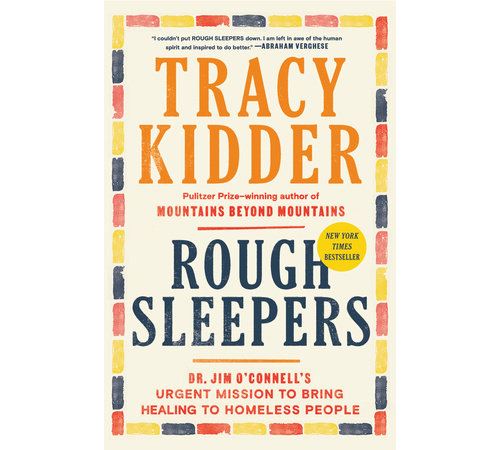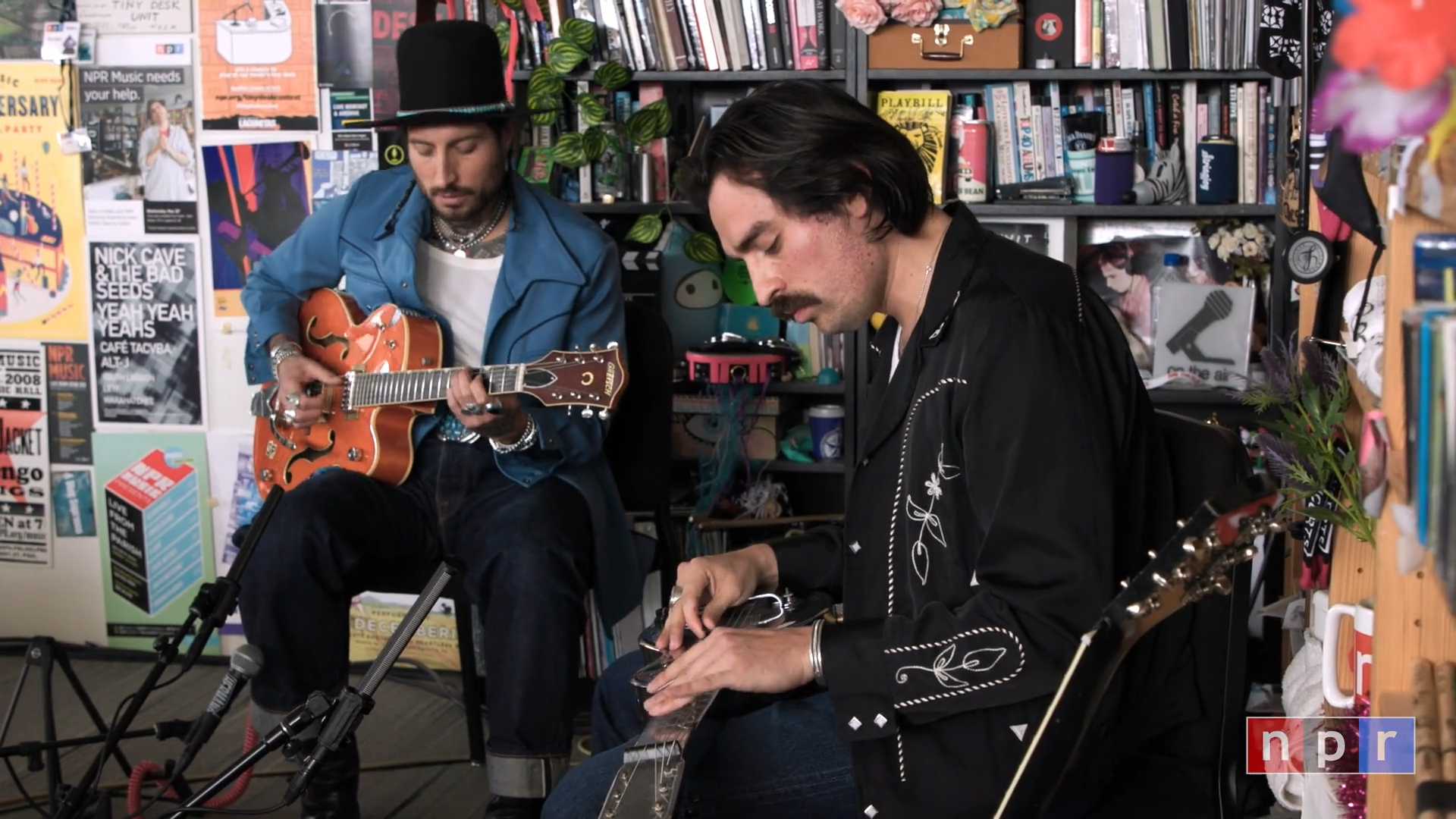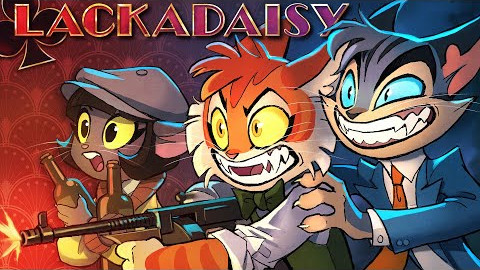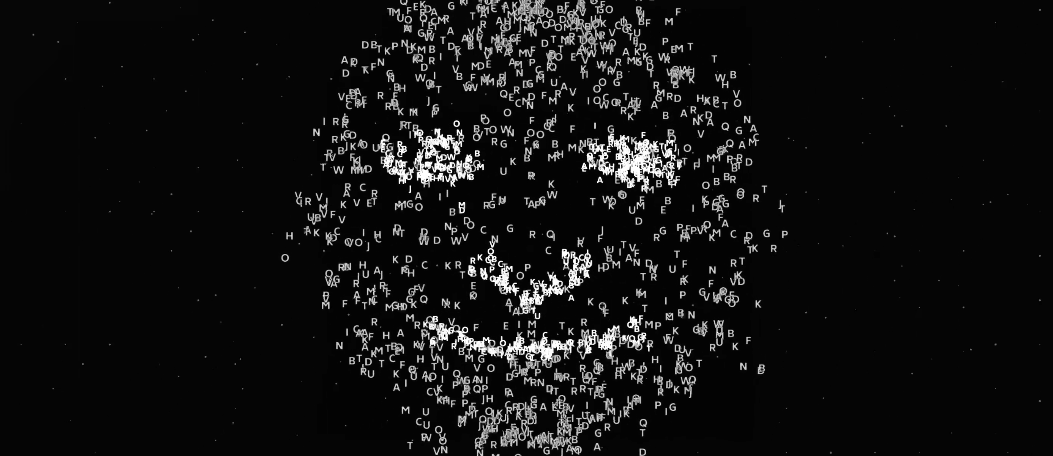POSTS
Media Highlights for 2023
Trying out a different format from Januaries gone by.
Books
 Image: Penguin Random House
Image: Penguin Random House
- Highlight: Rough Sleepers by Tracy Kidder My thoughts here
- Honorable mentions:
- What We Build with Power by David Delmar Sentíes
- The Internet Con by Cory Doctorow My thoughts here
- Disappointment: (none)
- New to me: John Adams by David McCullough My thoughts here
Albums
 Image: Diamante Eléctrico
Image: Diamante Eléctrico
- Highlight: Leche de Tigre by Diamante Eléctrico
- Honorable mentions:
- Disappointment: Memento Mori by Depeche Mode What would happen if a 40-year-old rock band tried to emulate a 30-year-old rock band?
- New to me: Showroom of Compassion by CAKE Although I initially saved it for a rainy day, this album now represents the possible culmination of the band’s recording career. That’s made it even harder to indulge. I finally gave in as preparation for a show, and it exceeded my expectations.
NPR’s Tiny Desk
 Image: National Public Radio
Image: National Public Radio
- Highlight: Hermanos Gutiérrez
- Honorable mentions:
- Disappointment: Philip Selway
- New to me: Carin León
Videos
 Image: Tracy J. Butler
Image: Tracy J. Butler
- Highlight: LACKADAISY (Pilot)
- Honorable mentions:
- Watch-Party: July 26, 1993- “Siamese Dream” album release set at Tower Records Maybe a bit of a cheat given the recording date
- Siobhan and Brennan are Incredible Scene Partners | Dimension 20: Mentopolis I’ve never been keen on the idea of watching folks play tabletop games, but this almost makes me want to throw some money at Dropout.
- The Daily Show: “Just be normal, Ron. You got this.”
- Disappointment: You don’t carry a phone?! Improving societal acceptance of abnormal people
- New to me: Kylie Minogue - Come Into My World
Articles
 Image: the New Yorker
Image: the New Yorker
-
Highlight: ChatGPT Is a Blurry JPEG of the Web by Ted Chiang [newyorker.com]
And it’s not the case that, once you have ceased to be a student, you can safely use the template that a large language model provides. The struggle to express your thoughts doesn’t disappear once you graduate—it can take place every time you start drafting a new piece. Sometimes it’s only in the process of writing that you discover your original ideas. Some might say that the output of large language models doesn’t look all that different from a human writer’s first draft, but, again, I think this is a superficial resemblance. Your first draft isn’t an unoriginal idea expressed clearly; it’s an original idea expressed poorly, and it is accompanied by your amorphous dissatisfaction, your awareness of the distance between what it says and what you want it to say. That’s what directs you during rewriting, and that’s one of the things lacking when you start with text generated by an A.I.
-
Honorable mentions:
-
Banning TikTok by Bruce Schneier and Barath Raghavan [schneier.com]
If we want to get serious about protecting national security, we have to get serious about data privacy. Today, data surveillance is the business model of the Internet. Our personal lives have turned into data; it’s not possible to block it at our national borders. Our data has no nationality, no cost to copy, and, currently, little legal protection. Like water, it finds every crack and flows to every low place. TikTok won’t be the last app or service from abroad that becomes popular, and it is distressingly ordinary in terms of how much it spies on us. Personal privacy is now a matter of national security. That needs to be part of any debate about banning TikTok.
-
It Is Journalism’s Sacred Duty To Endanger The Lives Of As Many Trans People As Possible by The Onion Editorial Board [theonion.com]
We must be diligent in laundering our vitriol through the posture of journalistic inquiry, and we must be allowed to fixate on the genitals.
-
AI Art Generators and the Online Image Market by Katharine Trendacosta and Cory Doctorow [eff.org]
That is the way all technology should be seen in relation to artistic work: as an artistic tool, not as a replacement for artists. A broad ban on AI will not fix the inequities of a highly concentrated market - but it could cost us the exciting uses of this technology for creative expression.
-
Think that your plastic is being recycled? Think again. by Douglas Main [technologyreview.com]
One way to improve recycling—and prevent unwanted health effects and environmental problems—would be to simplify and standardize the process of plastic production, Walker-Franklin says. Currently, more than 10,000 chemicals are used in the production of plastics, and upward of 3,200 have “one or more hazardous properties of concern,” with the potential to harm humans and wildlife, according to UNEP. Very little or nothing is known about the health effects or basic properties of thousands more.
-
A Zelda movie should be dark fantasy, so I made it happen by Dom Nero [polygon.com]
One way to improve recycling—and prevent unwanted health effects and environmental problems—would be to simplify and standardize the process of plastic production, Walker-Franklin says. Currently, more than 10,000 chemicals are used in the production of plastics, and upward of 3,200 have “one or more hazardous properties of concern,” with the potential to harm humans and wildlife, according to UNEP. Very little or nothing is known about the health effects or basic properties of thousands more.
-
Against Longtermism by Émile P Torres [aeon.co]
This way of seeing the world, of assessing the badness of AIDS and the Holocaust, implies that future disasters of the same (non-existential) scope and intensity should also be categorised as ‘mere ripples’. If they don’t pose a direct existential risk, then we ought not to worry much about them, however tragic they might be to individuals. As Bostrom wrote in 2003, ‘priority number one, two, three and four should … be to reduce existential risk.’ He reiterated this several years later in arguing that we mustn’t ‘fritter … away’ our finite resources on ‘feel-good projects of suboptimal efficacy’ such as alleviating global poverty and reducing animal suffering, since neither threatens our longterm potential, and our longterm potential is what really matters.
-
-
Disappointment: (none)
-
New to me: The War on History Is a War on Democracy by Timothy Snyder [nytimes.com]
This spring, memory laws arrived in America. Republican state legislators proposed dozens of bills designed to guide and control American understanding of the past. As of this writing, five states (Idaho, Iowa, Tennessee, Texas and Oklahoma) have passed laws that direct and restrict discussions of history in classrooms. The Department of Education of a sixth (Florida) has passed guidelines with the same effect. Another 12 state legislatures are still considering memory laws.